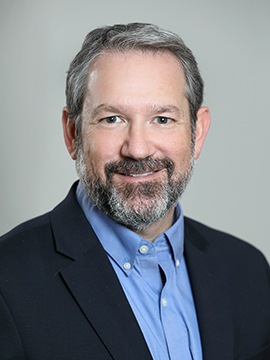Alright – so, the Minnesota Department of Human Services (DHS) is in charge of individuals with disabilities, the poor, and the elderly. Their core responsibility is to assure these vulnerable individuals are treated fairly, equally and get the services and support they need. DHS is funded partly by the state via state legislature and part by the federal government via CMS. It is a multi-billion dollar state agency that functions as a mini country.
DHS hires or contracts with Keystone Peer Review Organization (KEPRO). What they are supposed to do is review medical information for children that need autism therapy via the new ASD benefit EIDBI or the early intensive developmental behavior intervention. Sounds easy and straight so far, right? Not so fast.
Well – KEPRO reviewers decided to review, process, and authorize children’s medically necessary treatments….wait for it…. not in the order they are submitted to them but….wait for it…. in the order of the children’s race and ethnicity. I kid you not. When asked about that their informal response was “well – that would take a lot out of us because we would have to go into each child’s information to see their race and ethnicity, therefore because we are lazy and don’t do that, it was just a coincidence”. Right, and we are all stupid here. KEPRO received nine children’s treatment to review, of that nine 6 were Black and 3 were Non-Black. KEPRO processed and approved the three Non-Black kid’s treatments even though their information was submitted after the Black children’s information. For the six black kids – they denied and asked for more information they did not ask for the non-black kids even though all of the kid’s forms were filled the same way. I kid you not.
Please don’t tell me that is not blatant discrimination.
My take is that they are not lazy. In fact, they are very smart and shrewd – they just didn’t give the parents of those minority children the same credit and assumed their silly excuse would be bought. I for one am not buying that poor excuse.
This KEPRO is the same agency that has authorized services for ABA agencies like BDI for children whose ITPs were not even signed.
If it looks like a duck, walks like a duck, and authorizes like a duck – it is a freaking duck.
What KEPRO did was clearly subliminal racism and what DHS is doing afterward is even worse. A child with autism is a child with autism is a child with autism – irrespective of their race, ethnicity, or background. I am disgusted with KEPRO’s actions and I am appalled of DHS’ lack of action in this matter. I urge these parents to sue KEPRO and DHS because doing nothing will give them the green light to do it again and again.
The above words do not represent and candidate, agency, or committee.
Idil – Autism Mom & Advocate
